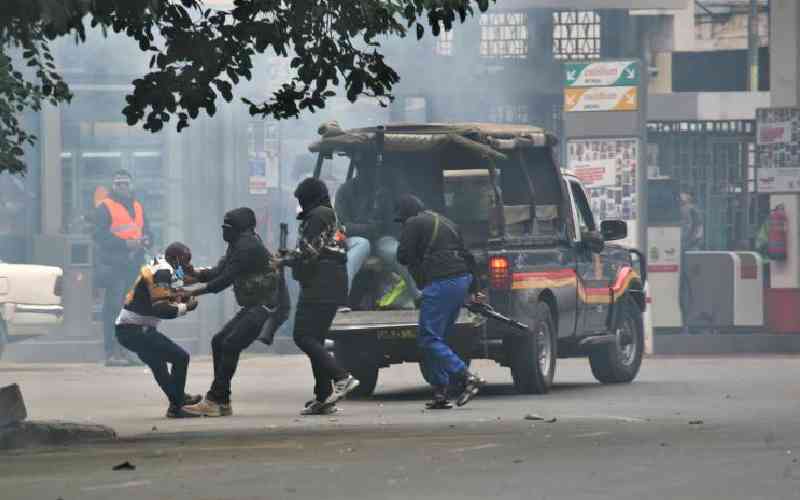×
The Standard e-Paper
Smart Minds Choose Us

Promulgation of the 2010 Constitution, whose 14th anniversary was marked this week, was to herald a new dawn. And while the country has made progress in some areas, it seems to have stagnated in others or even regressed.
A case in point is respect for human rights. Under the new Constitution, it was hoped that human rights abuses that put bloody blemishes on the fabric of past regimes would abate. It was hoped that Kenyans would see no more abductions, torture and killings orchestrated by the State.